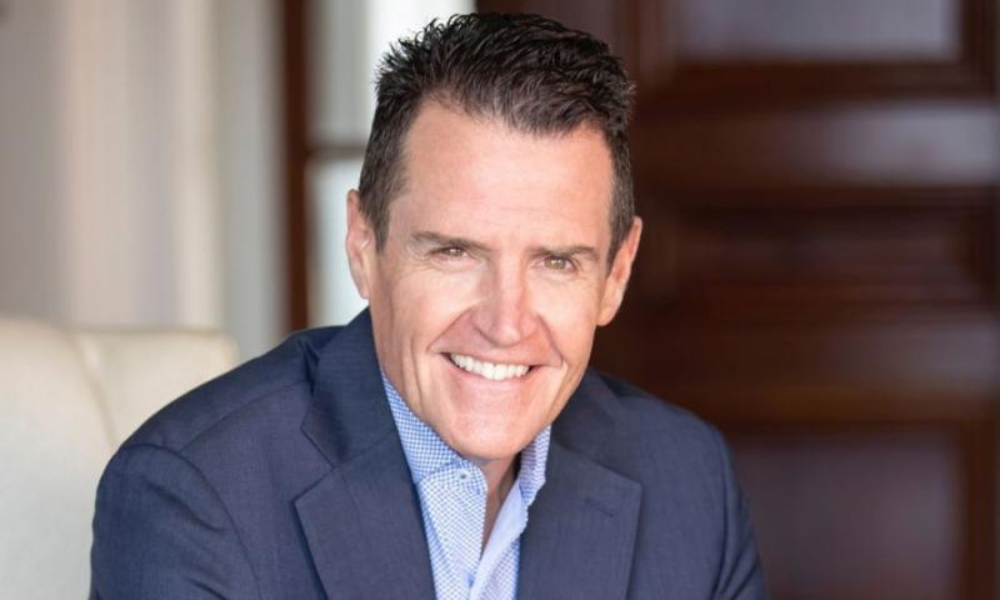

Making employees part owners in a firm isn't necessarily an easy decision, but the benefits are clear, the founder of an RIA with $38 billion in assets says.
Those with equity-model partnerships have not only capitalized, but as it turns out, they might be better off because of that in the long run, especially for a firm’s culture and M&A.
Jim Gold, CEO and co-founder of Steward Partners, attributes the equity model as being central to the firm’s success, describing it as a cornerstone of the firm’s collaborative culture.
“The culture of wirehouse model is dead,” he said. "It's all run by consultants now.”
The challenge for Gold, when starting up Steward, was figuring out how to hearken back to the “good old days” of camaraderie and collaboration, he said, which “became a very simple blueprint in our mind.”
“Equity was a critical component, because it’s not lip service when we say we’re partners. We’re literally partners,” Gold said.
With over 500 partners, every Steward employee holds equity in the firm, and all equity is issued on equal terms.
“That is really unheard of,” he noted. “Whatever your role is, you hold equity, and we all hold the same equity. We learn from each other.”
This approach has made an impact on employees’ lives, as he points to staff members who have used their equity earnings to pay off debt, fund their children’s education, or secure financial independence.
“If you want to have a firm with a great culture and partnership and truly create alignment, there's no better way than having true financial alignment through equity partnership,” he said.
The results speak for themselves, he said. Steward has grown rapidly through both breakaway recruiting and strategic acquisitions, with advisors drawn to the firm's unique value proposition.
But the firm’s growth strategy extends beyond recruiting. Steward has also become a destination for advisors seeking a seamless succession plan, he said.
"There is a succession crisis in this industry," Gold said. "And if you really think about how that happened, look at the industry today. There's more advisors in their 70s than there are in their 30s."
To that end, the firm has developed a robust M&A platform, closing six deals over the last year, with another seven in the pipeline and “three dozen opportunities.”
The firm's approach, however, is different from traditional acquisitions, focusing in on breakaway recruitment.
"We don't make you change your models, and we don't make you change your team," he said.
"Most of the folks that we're attracting are folks that want to sell us the business, and they want to stay."
This focus on maintaining advisor autonomy and client relationships has proven to be a key differentiator, attracting seasoned professionals who are looking to ensure the long-term success of their practices, he said.
Gold points to a three-generation team the firm has recently onboarded that will ultimately oversee the firm’s success and operations “for the next 30 years.”
Building on their non-wirehouse model, a key differentiator for Steward is its advisor-first ethos, he said. Unlike traditional wirehouses, Steward avoids interfering in client-advisor relationships, as Gold emphasizes against putting out market commentary or pressuring advisors to sell proprietary products.
“The firm has no opinion. Clients should be talking to their advisors,” he said.
Gold said he aims to triple the firm’s size over the next six to seven years, targeting $1 billion in annual revenue. This all boils down to Gold’s philosophy of "E²" - execution and evolution.
“We execute at a very high level. We’re ferociously focused on growth,” he said. “We don't have a point of saturation, which is very simple: keep making your goal more.”

By listening for what truly matters and where clients want to make a difference, advisors can avoid politics and help build more personal strategies.

JPMorgan and RBC have also welcomed ex-UBS advisors in Texas, while Steward Partners and SpirePoint make new additions in the Sun Belt.

Counsel representing Lisa Cook argued the president's pattern of publicly blasting the Fed calls the foundation for her firing into question.

The two firms violated the Advisers Act and Reg BI by making misleading statements and failing to disclose conflicts to retail and retirement plan investors, according to the regulator.

Elsewhere, two breakaway teams from Morgan Stanley and Merrill unite to form a $2 billion RIA, while a Texas-based independent merges with a Bay Area advisory practice.
Orion's Tom Wilson on delivering coordinated, high-touch service in a world where returns alone no longer set you apart.
Barely a decade old, registered index-linked annuities have quickly surged in popularity, thanks to their unique blend of protection and growth potential—an appealing option for investors looking to chart a steadier course through today's choppy market waters, says Myles Lambert, Brighthouse Financial.
